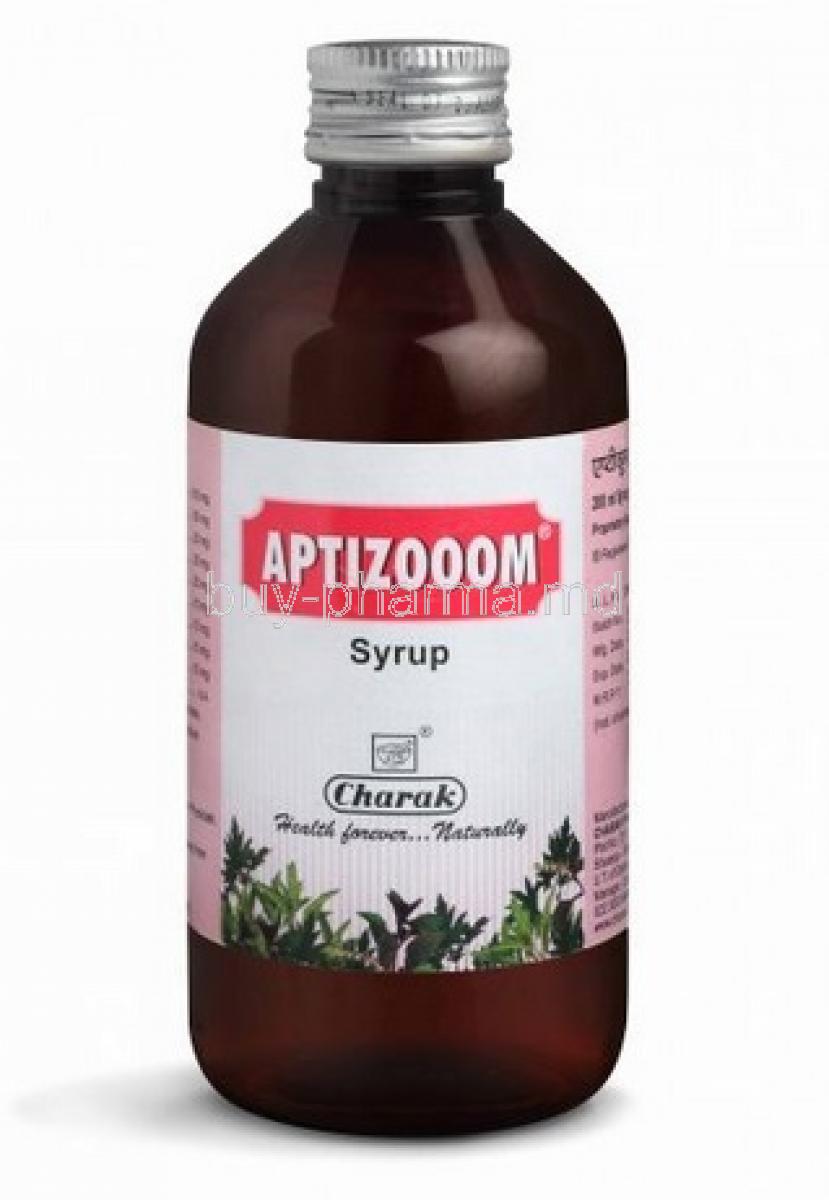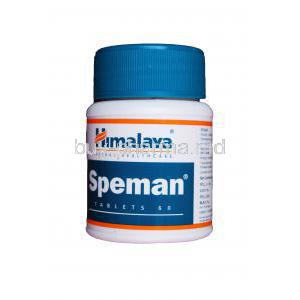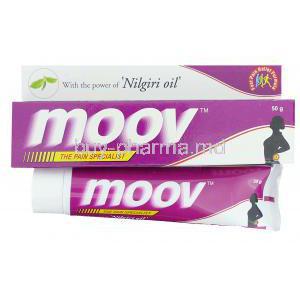Aptizooom Syrup
- Introduction to Aptizooom Syrup
- Composition and Active Ingredients in Aptizooom Syrup
- Mechanism of Action: How Aptizooom Syrup Works
- Aptizooom Syrup uses
- Off-Label and Alternative Uses of Aptizooom Syrup
- Dosage and Administration Guidelines for Aptizooom Syrup
- Common and Rare Side Effects of Aptizooom Syrup
- Warnings and Safety Information Before Using Aptizooom Syrup
- Contraindications for Use of Aptizooom Syrup
- Precautions and Careful Administration Requirements
- Drug and Substance Interactions with Aptizooom Syrup
- Use in Special Populations: Elderly, Pregnant, and Pediatric Patients
- Storage and Stability Guidelines for Aptizooom Syrup
- Overdose and Emergency Management
- Handling Precautions and Patient Education
Introduction to Aptizooom Syrup
Overview of Aptizooom Syrup: What It Is and Its Therapeutic Role
Aptizooom Syrup is a specialized nutritional supplement formulated to enhance appetite, support metabolic function, and promote healthy growth in both pediatric and adult populations. Its pharmacological profile includes a combination of appetite stimulants and essential nutrients, making it a frequently recommended remedy in cases of poor appetite, convalescence, and growth-related deficiencies.
Indications in Pediatric and General Practice
In pediatric care settings, doctors often recommend Aptizooom Syrup to combat reduced appetite and stunted growth to address nutritional gaps in children's diets. For adults, it is commonly used to help manage nutrition resulting from chronic diseases, stress, or metabolic issues.
Composition and Active Ingredients in Aptizooom Syrup
Detailed Ingredient List and Concentration per 5ml
Each 5ml of Aptizooom Syrup typically contains:
- Cyproheptadine Hydrochloride: 2 mg
- Lysine Hydrochloride: 150 mg
- Vitamin B1 (Thiamine Mononitrate): 2 mg
- Vitamin B2 (Riboflavin): 1 mg
- Vitamin B6 (Pyridoxine Hydrochloride): 0.5 mg
- Niacinamide: 15 mg
- D-Panthenol: 1 mg
- Other trace nutrients as required
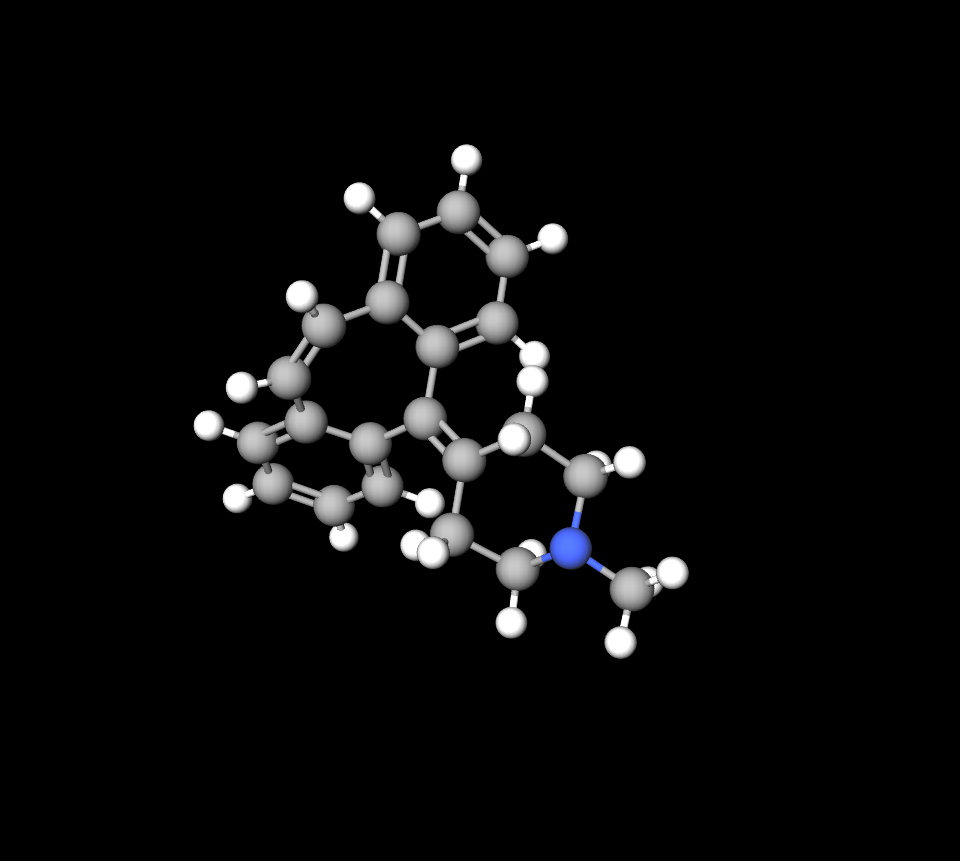
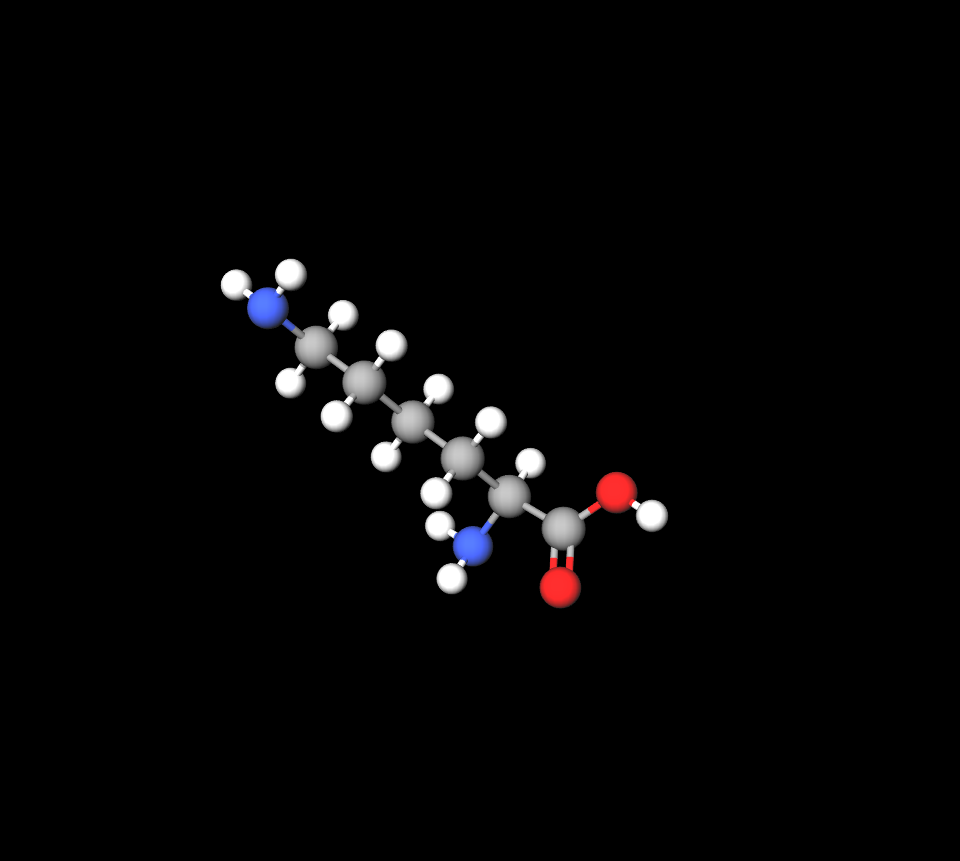
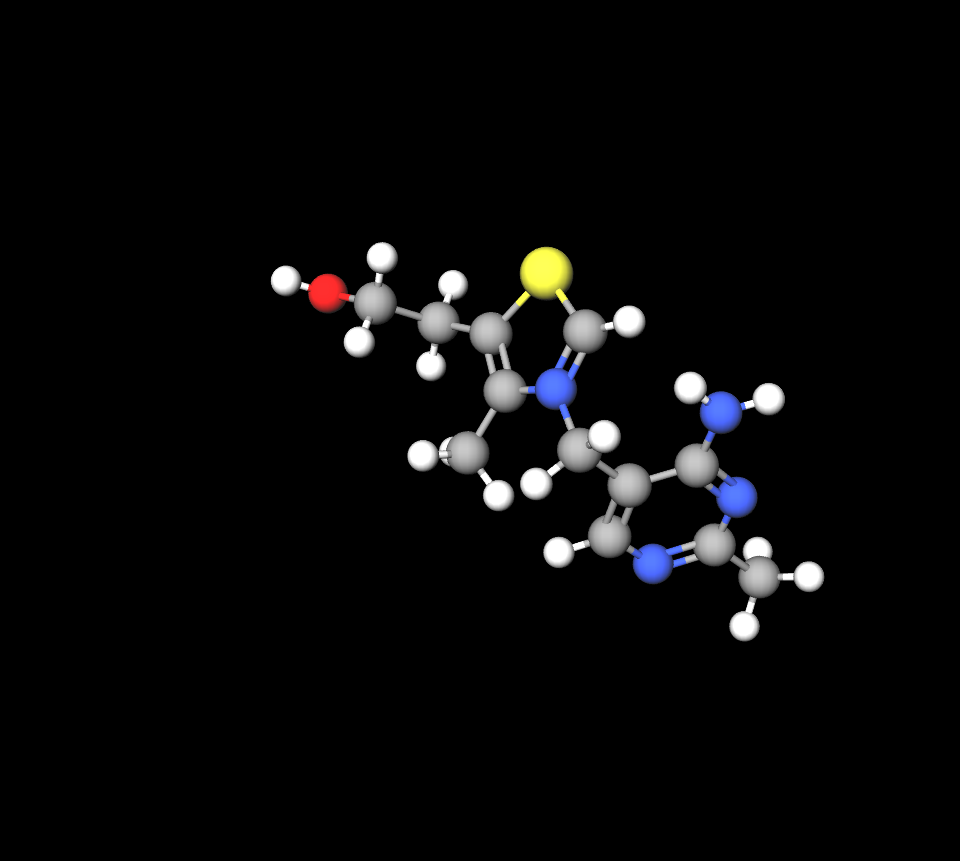
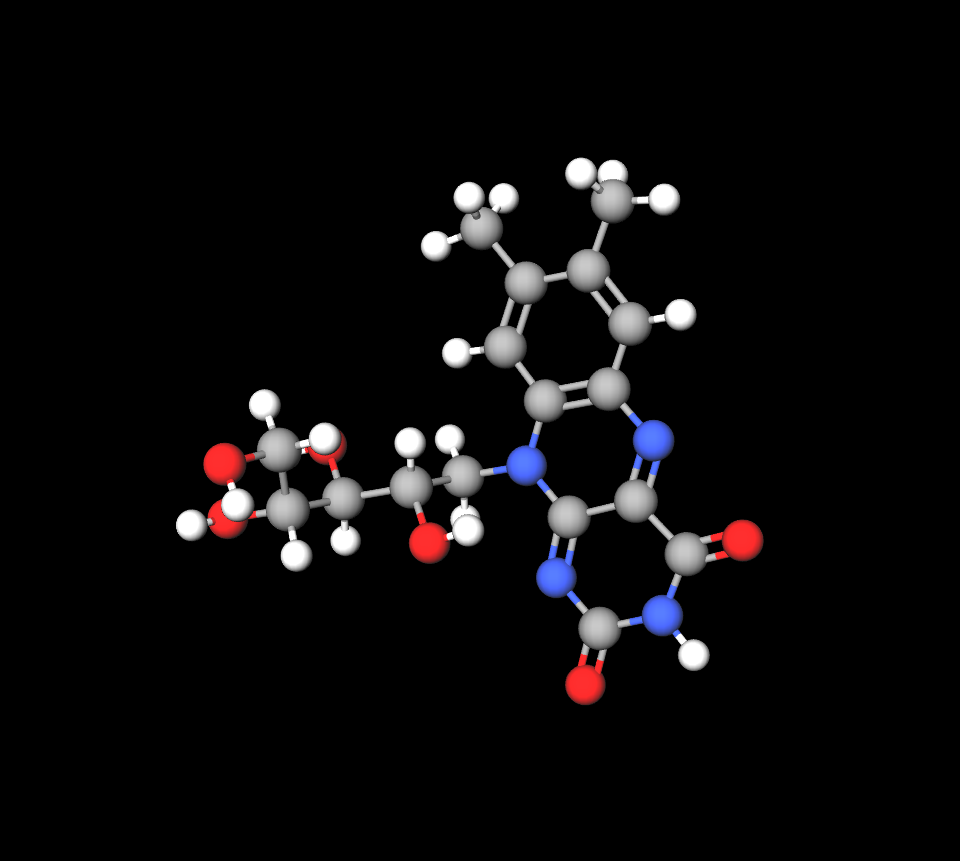
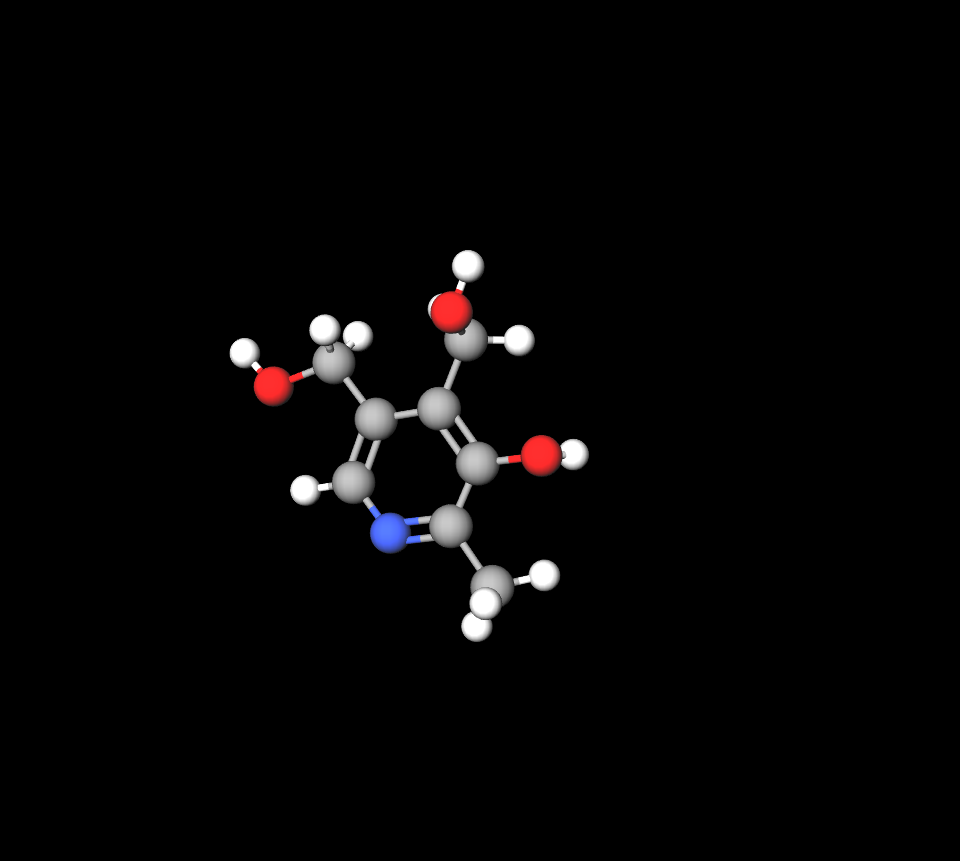
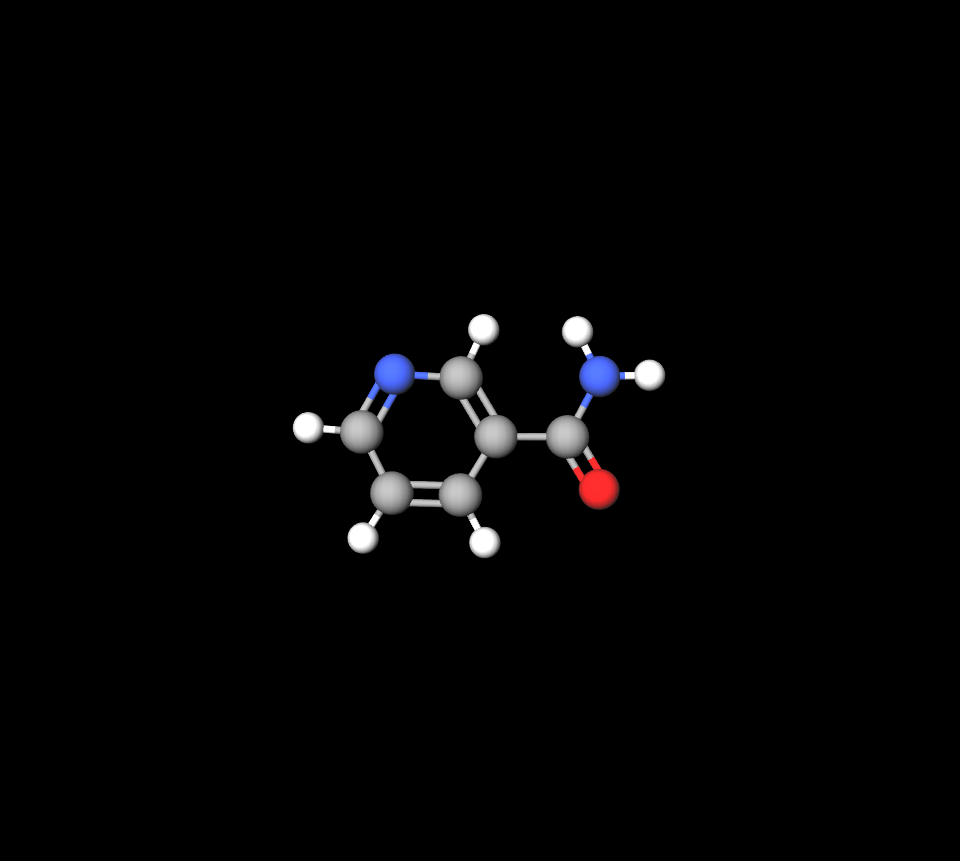
Role of Each Active Ingredient
- Cyproheptadine: A first-generation antihistamine with serotonin-antagonist effects, known to stimulate appetite through hypothalamic pathways.
- Lysine: An essential amino acid crucial for protein synthesis and growth, particularly beneficial in children.
- B-complex vitamins: Enhance energy metabolism, nervous system function, and overall nutrient assimilation.
Excipients and Non-Active Components
The Aptizooom Syrup also includes flavoring ingredients and sweeteners to maintain its taste and stability, along with water and preservatives, like sodium benzoate, that are considered safe for children to consume.
Mechanism of Action: How Aptizooom Syrup Works
Cyproheptadine's Antihistamine and Appetite-Stimulating Properties
Cyproheptadine acts as a blocker of serotonin and histamine in the body's system. When it stops serotonin in the area of the brain, it can boost appetite and encourage eating habits, particularly among individuals facing decreased hunger due to illness or emotional distress.

Impact of Vitamins and Lysine on Metabolism and Growth
The B vitamins, in the mix, help speed up the reactions that turn food into energy needed by the body. Lysine is crucial for absorbing calcium and for producing collagen, as well as for repairing tissues. All vital for children's growth and development.
Synergistic Effects of Combined Components on Appetite and Immunity
When used together, these ingredients not only address poor appetite but also strengthen immune defense, reduce fatigue, and help restore vitality in recovering patients. The formulation bridges nutritional gaps often seen in picky eaters or those with restrictive diets.
Aptizooom Syrup uses
Appetite Stimulation in Children and Adults

Nutritional Supplementation in Growth Deficiencies

Supportive Therapy in Recovery from Illness or Surgery
When recovering from infections or surgeries and dealing with illnesses, Aptizooom Syrup helps the body heal by providing nutrients and encouraging appetite.
Off-Label and Alternative Uses of Aptizooom Syrup
Use in Underweight Individuals Without Clinical Deficiency
Adjunctive Therapy in Eating Disorders
When treating patients with appetite suppression related to certain conditions in supervised environments, Aptizooom Syrup can be used in conjunction with psychotherapy and dietary interventions.
Application in Chronic Fatigue or Debility Syndromes
If someone feels tired because of a lack of nutrients or, after having an illness, and uses this product regularly, they may notice energy levels and endurance over time.
Dosage and Administration Guidelines for Aptizooom Syrup
Standard Dosage for Children by Age Group
- Children 2 to 6 years: 5 ml twice daily
- Children 7 to 12 years: 10 ml twice daily
Dosages should be tailored based on weight, nutritional status, and clinical indication.
Adult Dosage Recommendations
For individuals aged 12 and older, the usual dosage is 10 milliliters to be taken two or three times a day as prescribed by a doctor.
Timing of Administration: Before or After Meals
Taking Aptizooom Syrup half an hour before eating is usually advised to boost your appetite and improve how you eat.

Duration of Use and Monitoring Parameters
Treatment typically ranges from 2 to 6 weeks, depending on the therapeutic response. Monitoring includes tracking body weight, appetite levels, and growth parameters in children.

Common and Rare Side Effects of Aptizooom Syrup
Most Frequently Reported Side Effects
- Drowsiness or sedation
- Dry mouth and mild thirst

Less Common Adverse Reactions
- Dizziness or lightheadedness
- Constipation or gastrointestinal discomfort
- Restlessness or irritability in sensitive individuals

Pediatric-Specific Side Effects
Children may experience behavioral changes, including hyperactivity or increased somnolence. These effects are generally transient and dose-dependent.
Warnings and Safety Information Before Using Aptizooom Syrup
Situations Requiring Medical Supervision
Aptizooom Syrup should only be used under medical guidance in individuals with a complex medical history. Patients with metabolic disorders, prolonged malnutrition, or chronic gastrointestinal diseases require close monitoring. It is essential to assess nutritional status and rule out underlying pathologies that may be contributing to appetite loss before initiating therapy.
Risk of Drowsiness and Its Impact on Daily Activities
The use of cyproheptadine can lead to drowsiness as a recognized side effect, which may affect alertness, concentration, and coordination adversely. It is recommended to exercise caution when operating machinery, driving vehicles, or engaging in tasks that require focused attention.

Cautions Regarding Long-Term Use
Prolonged administration of Aptizooom Syrup may lead to excessive weight gain, metabolic imbalance, or habituation. Long-term use without medical oversight can mask underlying illnesses, delay appropriate treatment, and potentially lead to nutritional excess or toxicity in susceptible populations.
Contraindications for Use of Aptizooom Syrup
Known Hypersensitivity to Any Component
Individuals with known allergic reactions to cyproheptadine, lysine, or any vitamin component must avoid this product. Hypersensitivity reactions may present as rash, itching, angioedema, or anaphylaxis.
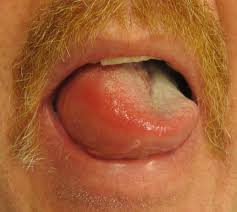
Presence of Angle-Closure Glaucoma
Contraindicated in MAO Inhibitor Use or Severe Liver Disease
Aptizooom Syrup should not be administered concurrently with monoamine oxidase inhibitors (MAOIs) due to the risk of hypertensive crisis or serotonin imbalance. Additionally, in patients with significant hepatic impairment, metabolism of the active components may be compromised, posing a risk of systemic toxicity.
Precautions and Careful Administration Requirements
Patients with Asthma, Hypertension, or Hyperthyroidism
People who have existing issues, like asthma or heart conditions, should be careful when taking Aptizooom Syrup Antihistamines because they might worsen asthma symptoms or affect blood pressure and thyroid function.

Liver or Renal Impairment Considerations
Changes in liver or kidney function can affect how the syrups' components are processed and removed from the body. In these cases, adjusting the dosage or considering treatments may be required to prevent the buildup of drugs and potential negative reactions.
Evaluation Before Use in Chronic Conditions
Prior to recommending the use of Aptizooom Syrup to a patient's regimen, it is crucial to assess the individual for underlying infections, tumors, and hormonal imbalances that might impact their appetite and growth. This precaution is essential to prevent the syrup from being seen as a replacement for medical interventions.
Drug and Substance Interactions with Aptizooom Syrup
Interactions with Sedatives, Antidepressants, and CNS Depressants
When cyproheptadine is taken with benzodiazepines or other medications that affect the system, like tricyclic antidepressants or barbiturate drugs, it could intensify its sedative properties, causing extreme drowsiness and confusion, along with possible breathing difficulties.
Potential Effects with Alcohol Consumption
Alcohol could amplify the central system impacts of Aptizoom Syrup, which might heighten the chances of feeling dizzy and experiencing challenges, in coordination and judgment when used together.
Interference with Diagnostic Laboratory Tests
Taking a Vitamin B complex supplement may impact test results in the lab, such as urine glucose or liver function tests, which could be influenced by it. Before getting any check-ups done, patients should make sure to tell healthcare providers if they are currently using Aptizooom.
Use in Special Populations: Elderly, Pregnant, and Pediatric Patients
Administration to Elderly: Adjustments Due to Sensitivity or Polypharmacy
Older individuals may be more sensitive to cyproheptadine, which can lead to confusion, drowsiness, and other anticholinergic effects. It is recommended to lower the dosage and monitor closely for those taking multiple medications.
Use During Pregnancy: Risk-Benefit Assessment and Category
There is a lack of well-regulated research studies involving individuals, so the use of this product during pregnancy should be considered only if the benefits outweigh the potential risks to the unborn child, and a comprehensive clinical evaluation is necessary.
Use During Lactation: Transfer in Breast Milk and Infant Safety
Cyproheptadine has the potential to be transferred to breast milk and affect the health of breastfeeding babies. Therefore, it is advisable to limit its use unless directed by a healthcare provider for medical reasons. Occasional usage, under supervision, may be acceptable.
Pediatric Administration: Minimum Age and Growth Monitoring
It's usually advised not to give Aptizooom Syrup to kids under 2 years old. When using it for children's treatment, keeping track of their height and weight, along with monitoring their progress, is crucial to avoid excessive intake or uncontrolled weight gain.
Storage and Stability Guidelines for Aptizooom Syrup
Optimal Temperature and Light Exposure Conditions
Remember to keep Aptizooom Syrup in a dry place, at temperatures under 25°C, for storage conditions; make sure to shield it from direct sunlight and excessive heat to prevent any degradation of its active ingredients.
Shelf Life and Expiry Considerations
Please check the expiration date on the bottle label before using the syrup to ensure its potency and safety remain reliable, as products can change over time after their indicated expiration date has passed. Remember to use the contents within 30 to 45 days once you have opened the bottle for freshness and effectiveness.
Safe Disposal of Unused or Expired Syrup
Make sure to dispose of any leftover syrup using authorized pharmaceutical disposal methods, such as pouring it down the drain or mixing it with household garbage, to prevent environmental pollution.
Overdose and Emergency Management
Signs and Symptoms of Overdosage
Taking Aptizooom Syrup with cyproheptadine can lead to side effects, like confusion and hallucinations, as well as tremors and dry mouth, along with nausea and low blood pressure, while also causing extreme drowsiness. In kids, it might also result in excitement.
Immediate First Aid Measures
If you think someone has taken too much of something and needs help right away, you should call for emergency medical assistance as soon as possible. They should be looked after with measures to keep their airway clear and to check their signs regularly.
Medical Interventions and Antidotal Support
There is no specific antidote for cyproheptadine overdose. Treatment involves gastric lavage, administration of activated charcoal, and symptomatic management, including the use of intravenous fluids and medications to support blood pressure and respiration.

Handling Precautions and Patient Education
Instructions for Proper Measuring and Dosing
Make sure to use the measuring cup or syringe given to you for dosing and avoid guessing doses, with household spoons to prevent any mistakes in, under or overdosing.
Keeping Out of Reach of Children
Make sure to keep Aptizooom Syrup out of reach of children, just like you would with any medication and supplements, to avoid ingestion and potential overdose risks.
Guidance on Missed Doses and Discontinuation
If a dose is missed, administer it as soon as remembered unless it is close to the time of the next dose. Do not double the dose to catch up. Discontinuation should be gradual under medical advice, especially in long-term users.
Aptizooom Syrup FAQ
What is Aptizooom Syrup used for?
It can be beneficial to address a decrease in appetite caused by indigestion, other illnesses, medications, or slow development in children.
What is aptiboom Syrup used for?
Apiboom Syrup is a medication that combines ingredients to help with a decreased issue in individuals. It serves as a way to stimulate one's appetite by interfering with the activity of a chemical messenger that plays a role in regulating hunger cues.
What is apt up Syrup used for?
The Aptaup Syrup enhances appetite by improving the body's metabolism, which in turn enhances liver function to aid in digestion, leading to increased hunger sensation and providing the energy needed for daily activities without experiencing fatigue.
Does Aptizoom Syrup gain weight?
Yes
What is Aptizooom Syrup used for?
Loss of appetite can occur for reasons such as indigestion, illnesses, medication side effects, or slow growth in children, making it important to address the underlying causes.
What is aptiboom Syrup used for?
Apiboom Syrup is a medication that helps with appetite, acting as a stimulant to boost one's hunger levels by counteracting a specific chemical messenger responsible for regulating appetite.
What is apt up Syrup used for?
Aptaup Syrup enhances appetite by improving the body's metabolism through enhanced liver function, resulting in an efficient digestion process that can leave you feeling hungry, ultimately providing your body with the necessary energy to carry out daily tasks without experiencing fatigue.
Does Aptizoom Syrup gain weight?
Yes

